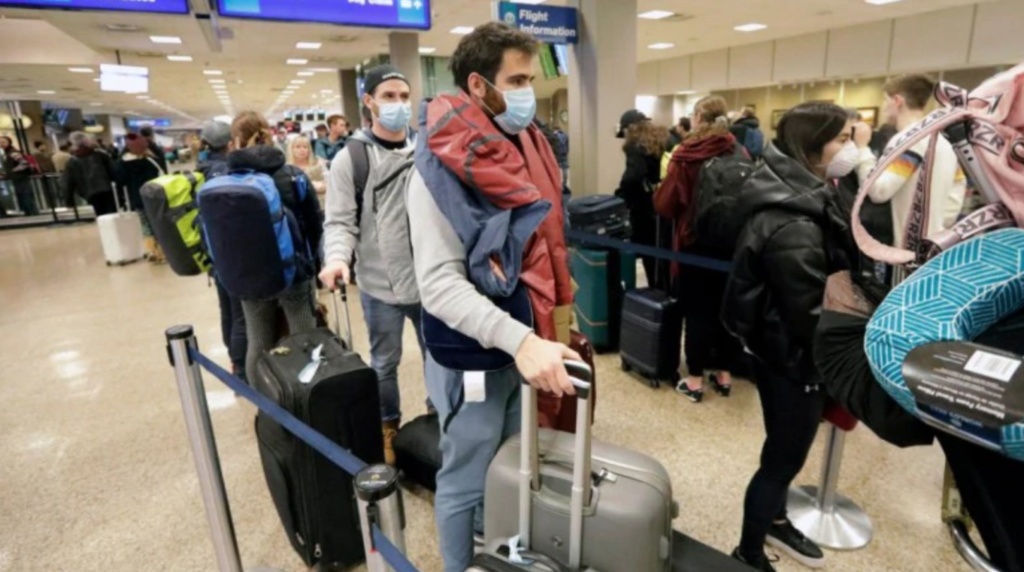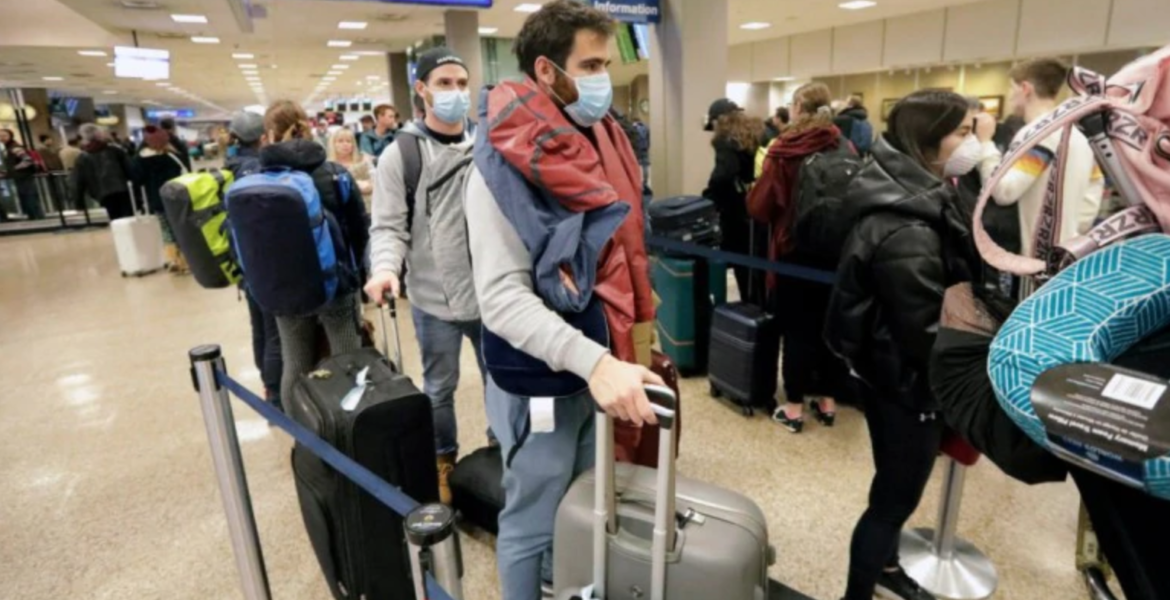
Leaders of the 26 European countries have agreed to close the bloc's external borders to most non-EU citizens for 30 days, to halt the further spreading of coronavirus.
This comes as the World Health Organization (WHO) announced Europe as the new epicentre of the global outbreak.
“On the four priorities identified, the first ‘limiting the spread of the virus’, we endorsed the guidelines proposed by the Commission on border management. We need to ensure passage of medicines, food and goods and our citizens must be able to travel to their home countries. Adequate solutions for cross-border workers will be found. To limit the spread of the virus globally, we agreed to reinforce our external borders by applying a coordinated temporary restriction of non-essential travel to the EU for a period of 30 days, based on the approach proposed by the Commission," President of the European Council Charles Michel said.
President of the European Commission Ursula von der Leyen said that the plan was supported by the member states, and they showed an unanimous and united approach. "The less travel, the more we can contain the virus," she said.
"The enemy is the virus and now we have to do our utmost to protect our people and to protect our economies. We are ready to do everything that is required. We will not hesitate to take additional measures as the situation evolves," she continued.
The travel ban will affect all non-EU nationals from visiting the bloc, except long-term residents, family members of EU nationals and diplomats, cross-border and healthcare workers, and people transporting goods.
Italy has suffered more than 2,500 deaths, the highest number outside China, where COVID-19 first emerged late last year.
As well as shutting external borders, EU leaders have agreed to set up fast-track lanes at countries' internal frontiers to keep goods flowing across the continent.
The latest World Heath Organization (WHO) figures list 173,000 infections globally and 7,000 deaths.


